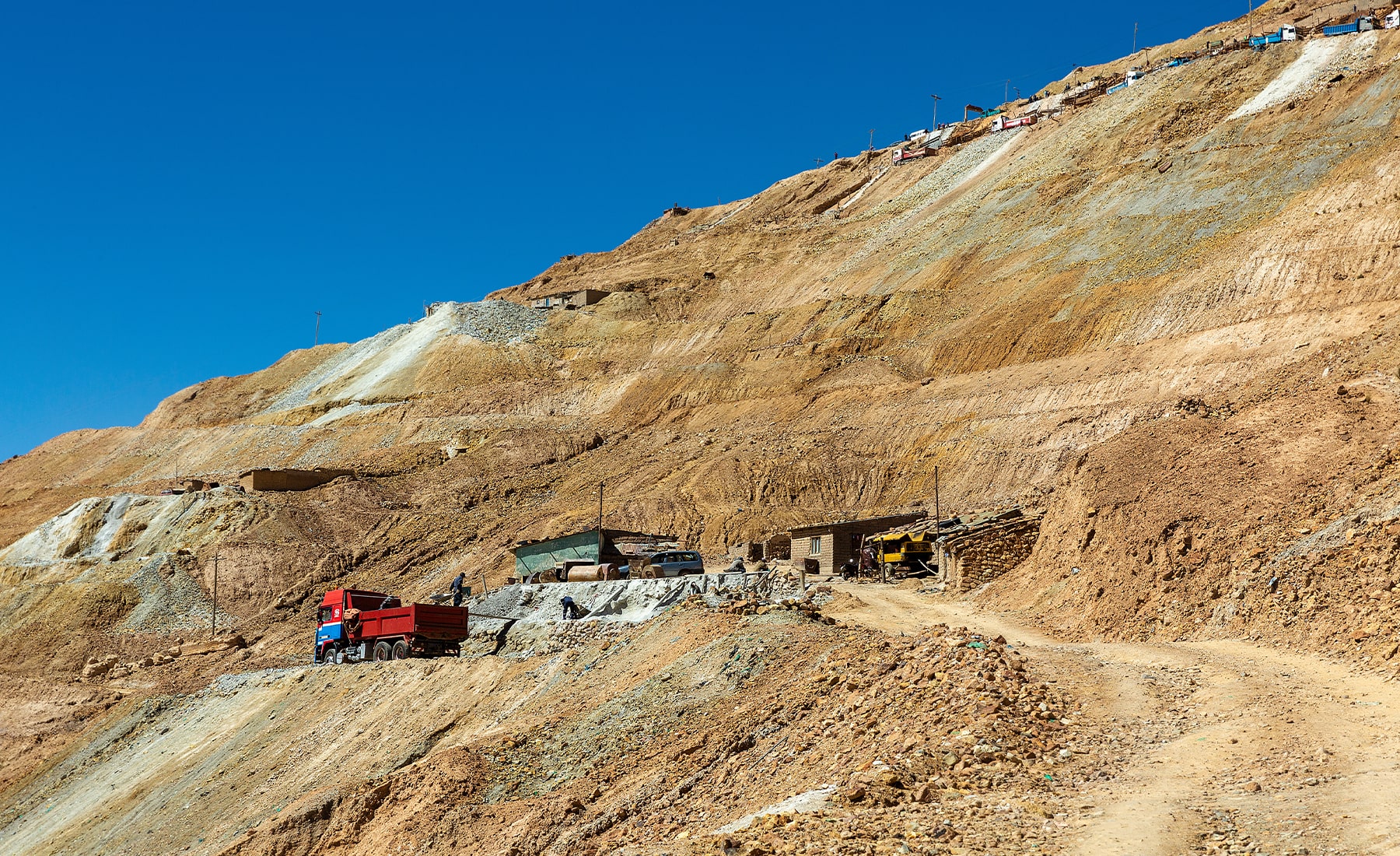
Unlocking the power of sustainability certifications: A journey of process and performance [Part 1]
After more than a decade of working in sustainability, my thoughts on certifications have evolved significantly. At first, I saw certifications as questionable markers of good performance. Over time, however, I’ve come to see that their true value lies not just in the certificate itself but in the processes and systems companies must establish to earn them.
What’s the value of a certificate?
Certification schemes are certainly not perfect: my experience observing audits and assisting companies through certifications has revealed many issues, such as:
- Certifications are often seen as an end goal. Companies rush to obtain certifications, eager to showcase their commitment to sustainable practices and avoid being left behind by competitors.
- The sheer number of certifications available today leads to resource duplication and confusion among stakeholders as to the relevance and benefits of individual schemes. (To that end, I must commend the efforts of organisations like the World Gold Council (WGC), Copper Mark, Mining Association of Canada, and International Council on Mining and Metals (ICMM) for their collaborative work in developing the Convergence Standard, which aims to harmonise four certification requirements).
- Very often, auditors lack the experience required for complex scenarios, for example when auditing operations in post conflict areas, or audits are too short to cover a broad range of topics. This can undermine stakeholder confidence in the value of certification.
However, the solution is not to discard the certification process altogether but to address and rectify its shortcomings.
The journey is the reward
I’ve learned that the most valuable result of certification isn’t a ‘stamp of approval’ but the process a company undergoes to reach a performance level worthy of certification. This journey involves setting up robust management systems and building human capital [1], which in turn drives significant improvements in operational practices.
Building the right team is crucial in this process. The main challenge often lies in building the capacity to implement the necessary policies and procedures. While establishing a management system requires experienced professionals, the real test is in its implementation.
A mine’s transformation
In 2021, I visited a gold mine and returned for a follow-up visit in 2023. During this period, the mine pursued ISO 14001 certification. Although the company had the foundations of a good management system already, the discipline and thoroughness required to pass the certification audit proved transformative. The process brought rigour and accountability, enhancing the mine’s environmental management practices.
Embracing the challenge
In summary, while many certifications are available and there are inherent challenges within these systems, achieving certification is immensely beneficial. It drives companies to develop and refine their management systems, leading to substantial improvements in sustainability performance.
For those looking at certification for their own or suppliers’ operations, my advice is to seek guidance from experienced professionals. Their expertise can help navigate the complexities of certification processes, ensuring that the journey is as rewarding as the certification itself.

